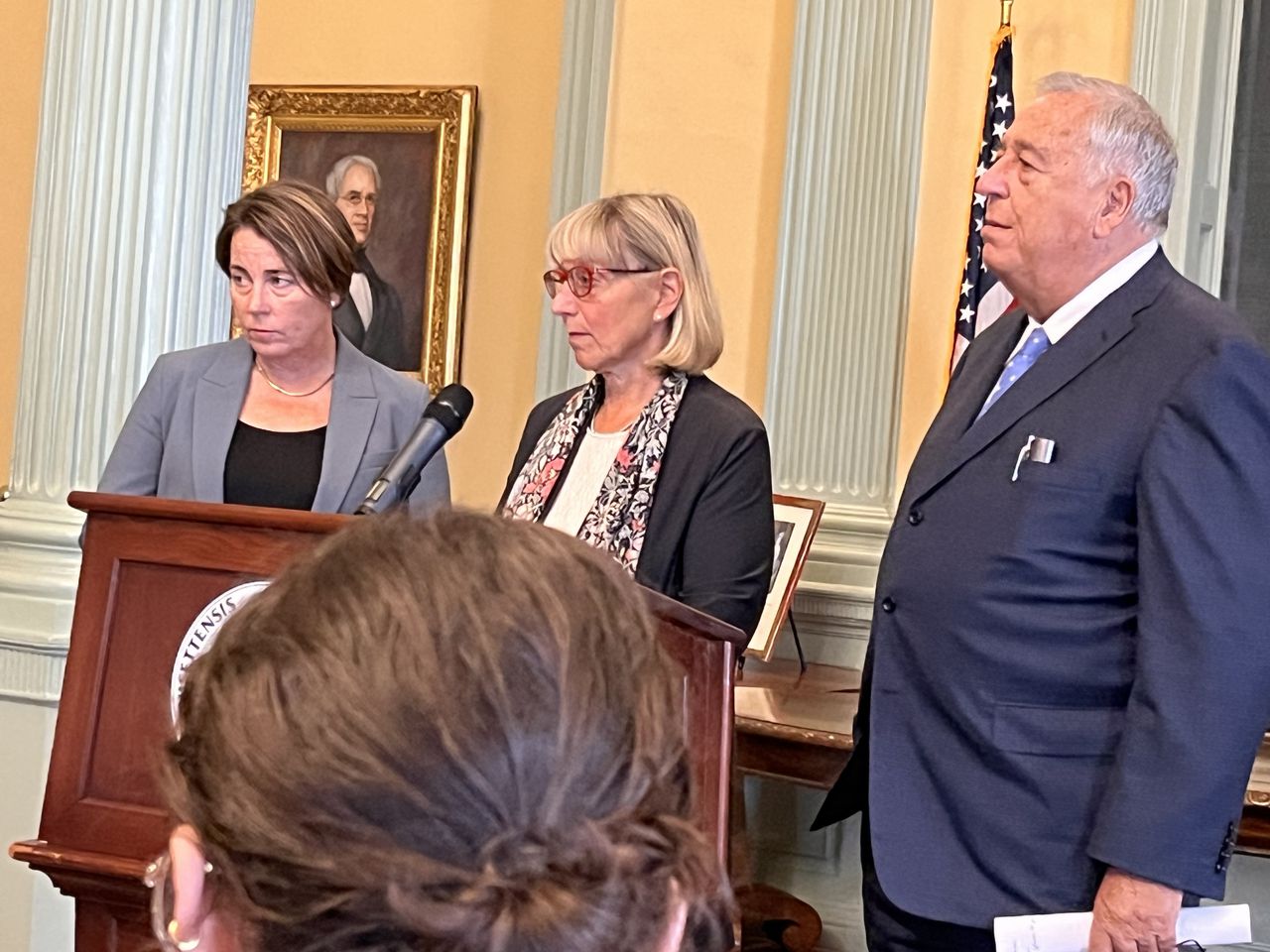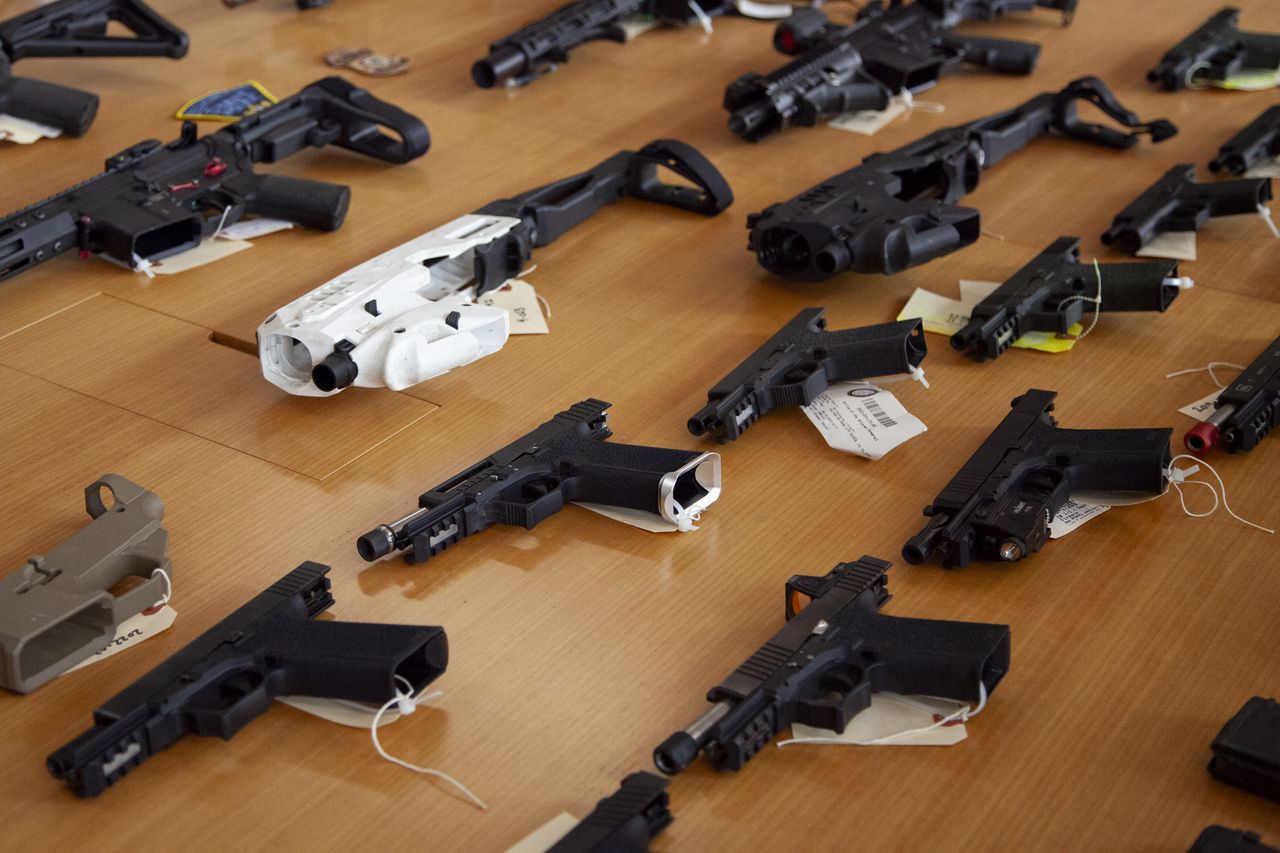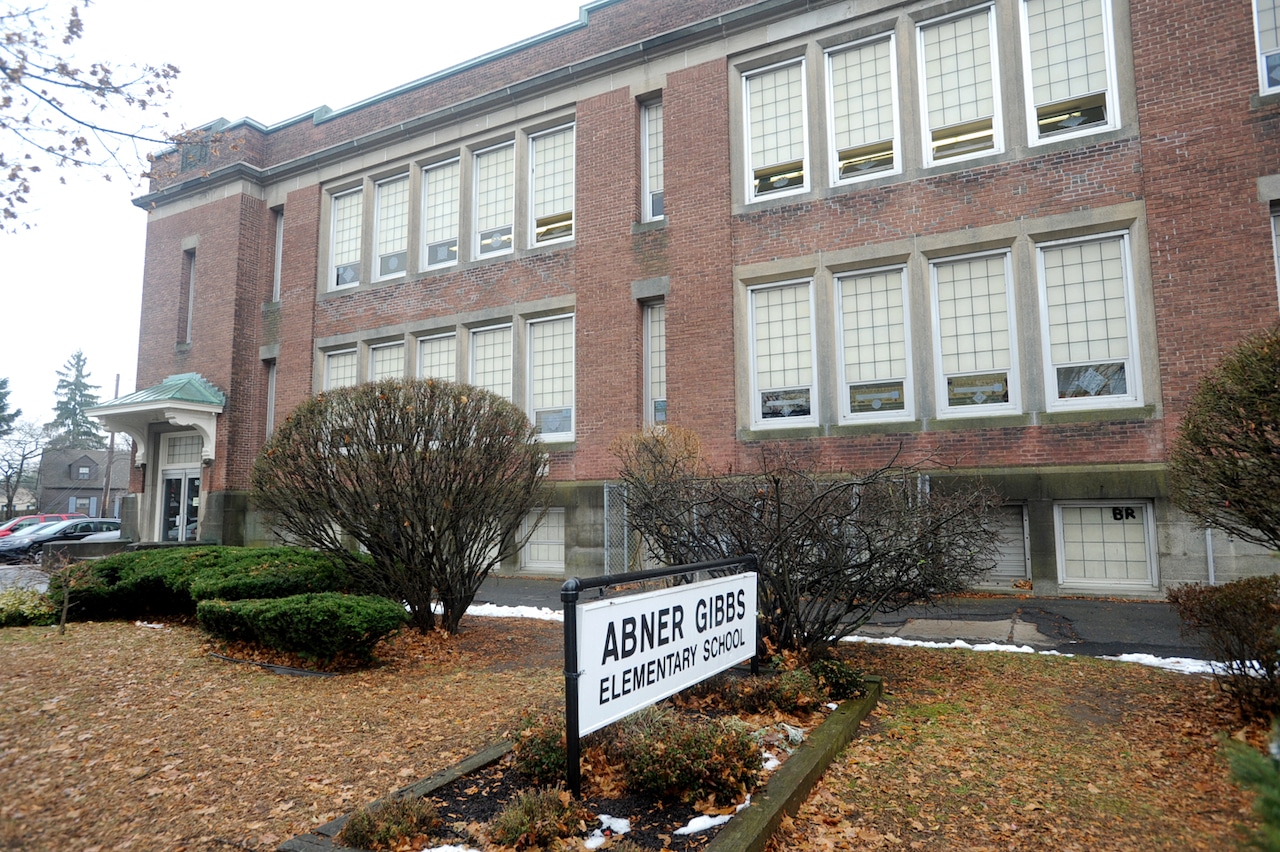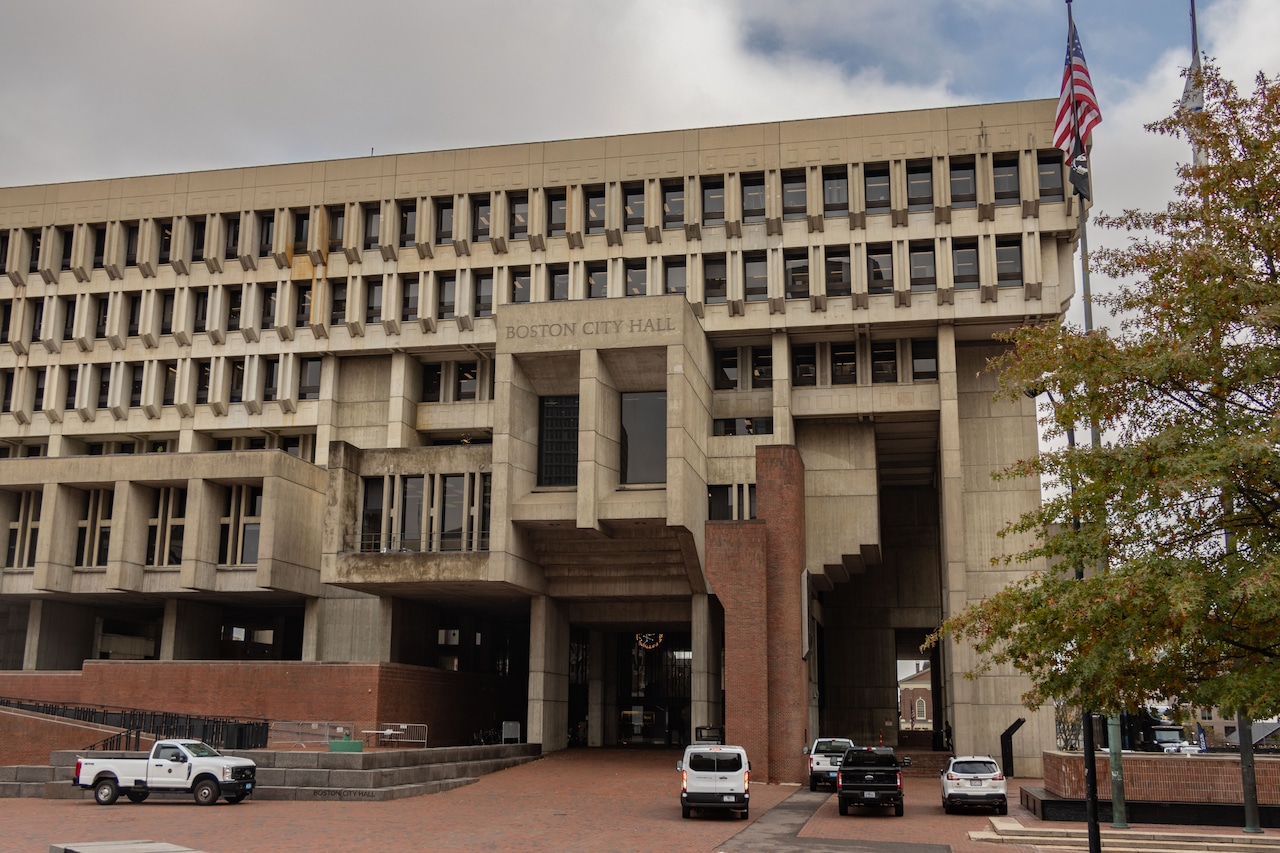Less than two weeks remain before the Massachusetts Legislature wraps up its formal voting sessions for 2023. But before lawmakers on both sides of the State House call it a year on Nov. 15, some big-ticket items are still on their agenda.
Here’s a look at what’s left — and the chances of action.
Funding for the state’s emergency shelter system
Democratic Gov. Maura Healey has asked lawmakers for a $250 million appropriation in a year-end budget bill to fund the state’s strained emergency shelter system.
But in the wake of a court ruling last week on Healey’s plan to cap the system at 7,500 families — a threshold it was approaching on Friday, with 7,404 families enrolled — that found the state has enough money to fund the system through January, it appeared some of the urgency had dissipated, State House News Service reported.
As of Friday, state House Speaker Ronald Mariano, D-3rd Norfolk, had not indicated whether the lower chamber planned to pump more money into the shelter system, State House News Service further reported.
“The House continues to work towards providing emergency assistance funding in the coming weeks,” the Democratic boss said in a statement obtained by MassLive. “However, it is our understanding that the administration’s decision to institute a cap and waitlist has never been tied to the passage of a supplemental budget.”
In a separate statement, Senate President Karen Spilka, D-Middlesex/Norfolk, echoed Healey’s calls for the federal government to step up to offer more help.
“As the crisis with emergency shelter continues, I am once again joining those asking for help from the federal government to provide much-needed funding, expedited work authorizations, and the resources to establish a congregate site to provide shelter. We are facing a difficult and unprecedented time in our Commonwealth, and I continue to believe that, while we must help ensure that no family or child faces sleeping on the street, we need help to do so,” Spilka said, according to State House News Service.
“I am grateful for the Healey administration’s leadership, and I look forward to working with our partners in the administration and across government to find a way forward to protect the most vulnerable among us,” Spilka said.

Gov. Maura Healey (L), state Senate President Karen Spilka, D-Middlesex/Norfolk, and state House Speaker Ron Mariano, D-3rd Norfolk, speak to reporters during a news conference on Monday, Oct. 23, 2023 (MassLive photo by John L. Micek).
Healey’s year-end $2.15 billion supplemental request
Healey filed the administration’s year-end spending request with the General Assembly in mid-September. And it’s been “Will They or Won’t They?” ever since.
In addition to the $250 million request for the shelter system, the supplemental spending plan, or “Supp,” as it’s known in BeaconHillese, also includes:
- “$16 million for a reserve to cover costs accrued by sheriffs;
- “$15 million to support Section 35 substance abuse treatment at sheriff facilities;
- “$11 million for shared services at the Department of Unemployment Assistance;
- “$8.8 million for the Department of Elementary and Secondary Education to extend for one year the contract for the administration of the MCAS exam;
- “$500,000 for Commission on Lesbian, Gay, Bisexual, Transgender, Queer and Questioning Youth operations;
- “$185,000 for military death benefits and early fiscal year National Guard activations,” and
- “$27,564 for Group Insurance Commission dental and vision benefits for a unit within the Trial Court,” Healey’s office said in its statement.
At a news conference late last month, Mariano said House leaders had not nailed down a timeline for passing their version of the supplemental spending bill. The House and Senate typically each pass their own versions of the spending plan and then send a compromise version to the governor, State House News Service reported.
This time, however, the Legislature’s chief budget writers, House Ways & Means Committee Chairperson Aaron Michlewitz, D-3rd Suffolk, and Senate Ways & Means Committee Chairperson Michael J. Rodrigues, D-Bristol/Plymouth, were trying to iron out potential differences beforehand, Mariano said.
“Because it would be far more efficient to do that, and we would be able to take care of some items that need to be taken care of immediately that there’s agreement on,” Mariano said during that Oct. 23 news conference with Healey and Spilka.

A series of “ghost guns” were on display in Attorney General Andrea Campbell’s office during a Tuesday briefing where she voiced urgency for legislative action to rein in their proliferation. [Chris Lisinski/SHNS]
Gun violence reduction
It now appears that any resolution to the hotly contested debate over how to tighten up Massachusetts’ already restrictive gun laws will have to wait until the new year.
The state Senate’s version of a much-anticipated gun violence reduction bill won’t make its debut until January — even as Spilka acknowledged “the true sense of urgency” around the issue, Politico’s Massachusetts Playbook reported last month.
The House passed its version of the bill after a marathon debate on Oct. 18, MassLive previously reported.
The revised proposal, sponsored by state Rep. Michael Day, D-Middlesex, makes slight modifications to where people can carry firearms, expands the state’s assault weapons ban to include firearms developed after 2004, and aims to stem the flow of illegal firearms, among other measures.
According to Politico, Spilka’s timeline would give the two chambers at least six months to reconcile any differences between their respective proposals.
And it still would meet Mariano’s plan to get a bill to Healey by the end of the current, two-year legislative session, the news outlet reported.






